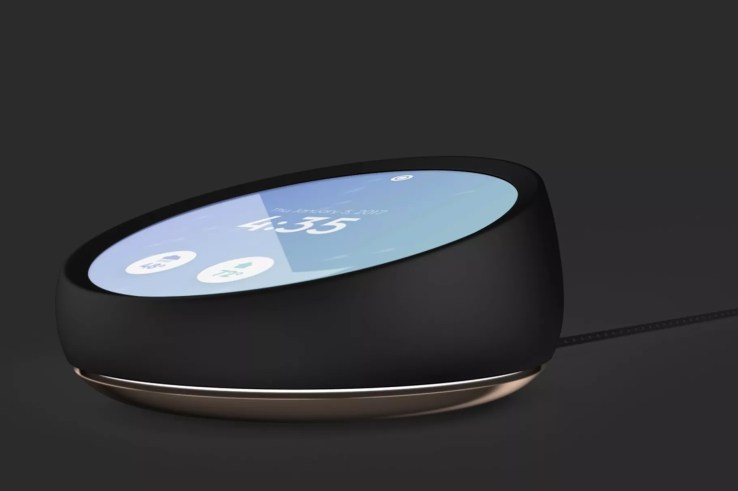
Andy Rubin’s appearance at the Code Conference last night went a ways toward answering some lingering questions about his new company[1], Essential. But the conversation primarily centered around the startup’s upcoming phone — Rubin left the dialogue around the company’s take on a smart phone hub, Home, intentionally vague.
But the CEO did take the opportunity to highlight some of the broader ambitions for the project. Home[2] is, in Rubin’s estimation, more than just another Amazon Echo competitor. It’s an ambitious attempt to create a unified hub for all of the different smart assistants vying for market share. One smart hub to rule them all.
At the heart of the play is Ambient, an open-source operating system designed to accommodate third-party offerings like Alexa and Google Assistant. The echoes of Android are pretty hard to miss.
It’s telling that the company went out of its way to build a new operating system for its second hardware product, even as it opted to stick with vanilla Android on its phone. Building a new OS is an ambitious project for a startup – even one with, as Rubin disclosed onstage, “hundreds of millions” in investment.
The reason the company stuck with Android for the phone is pretty simple: Rubin already built the phone operating system he wanted. But even with Google’s efforts in the home automation space, there’s really no Android equivalent for the smart home.
“We very much believe that there has never been premium craftsmanship that has unleashed the full potential of the Android operating system,” President and COO Niccolo de Masi told TechCrunch during an interview following the event. “We believe that we’re in the best position to do that unleashing. And in...
Read more from our friends at TechCrunch